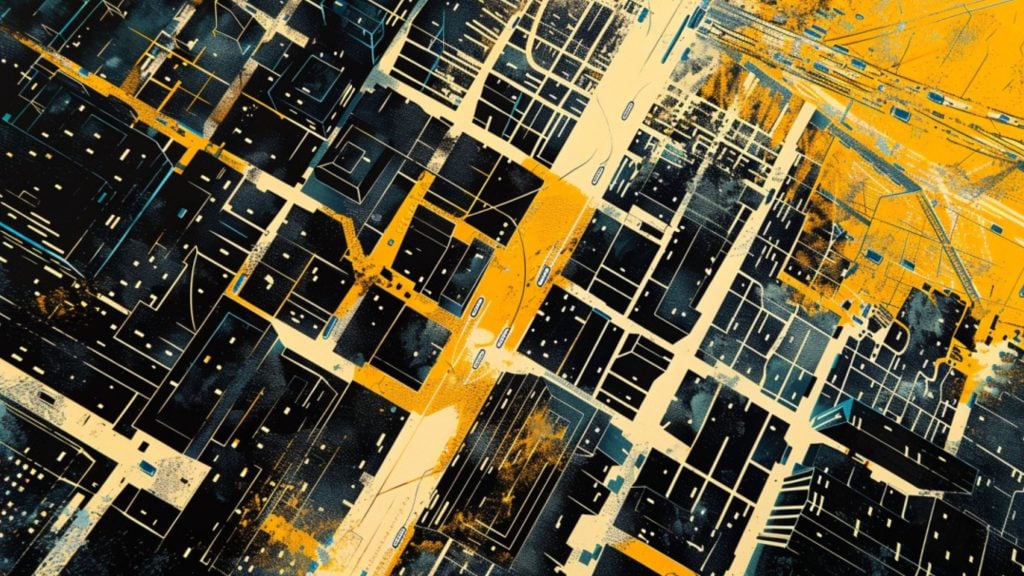Terrance Williams’ attempt to prove copyright ownership over an entire style of animation by suing a number of media and social media companies for infringement has not gone well.
The attempt to prove that Williams is the inventor of anime failed “in its entirety” before a federal court in Michigan.
Judge Sean F. Cox signed the opinion and order granting the plaintiffs’ motion, and dismissing the case.
Anime is a style of animation that much of the world believes originated in Japan – but in his filing, Williams based his claim to authorship and ownership on a book entitled “Naruto” that he wrote in the 1980s as part of his master dissertation.
He alleges that the style’s original name was “Renderman” but that the Japanese renamed to “anime” for convenience.
In “Naruto” – Williams said, he introduced this art style that shows “round features, big eyes, a particular nature of hair.”
However, none of these things can be copyrighted.
That’s because the companies that were sued had to spend time and money on fees fighting the allegation – neither of which they will be getting back.
But there’s another benefit even in a case like this: to remind everyone what copyright is and isn’t under current rules.
Namely, copyright protects the expression of an idea, not the idea itself.
Hence the person who first thought it might be a good idea to shoot a 3D movie can’t lay copyright claim to every work ever produced in that style.
Williams filed this lawsuit against thirteen defendants:
- 3DExport
- Alidropship.com
- J C Penny
- MindGeek Los Angeles
- Original Frame
- Patreon, Inc
- Pinterest, Inc
- Shopify (USA) Inc
- Sketchfab Inc
- Tumblr Inc
- TurboSquid
- Wikihow, Inc
- Wix.com Inc
Unlucky for Williams, the judge found that he didn’t prove that he was indeed the progenitor of the anime style with the book “Naruto.”
The book featuring the eponymous character was published by the plaintiff in 2018, while Naruto (an anime comic book, or manga character) was created by Masashi Kishimoto in 1997.
The judge described any attempt by Williams to claim copyright on Naruto the character as “implausible and frivolous on its face,” and dismissed the case.
Read the full dismissal here.














